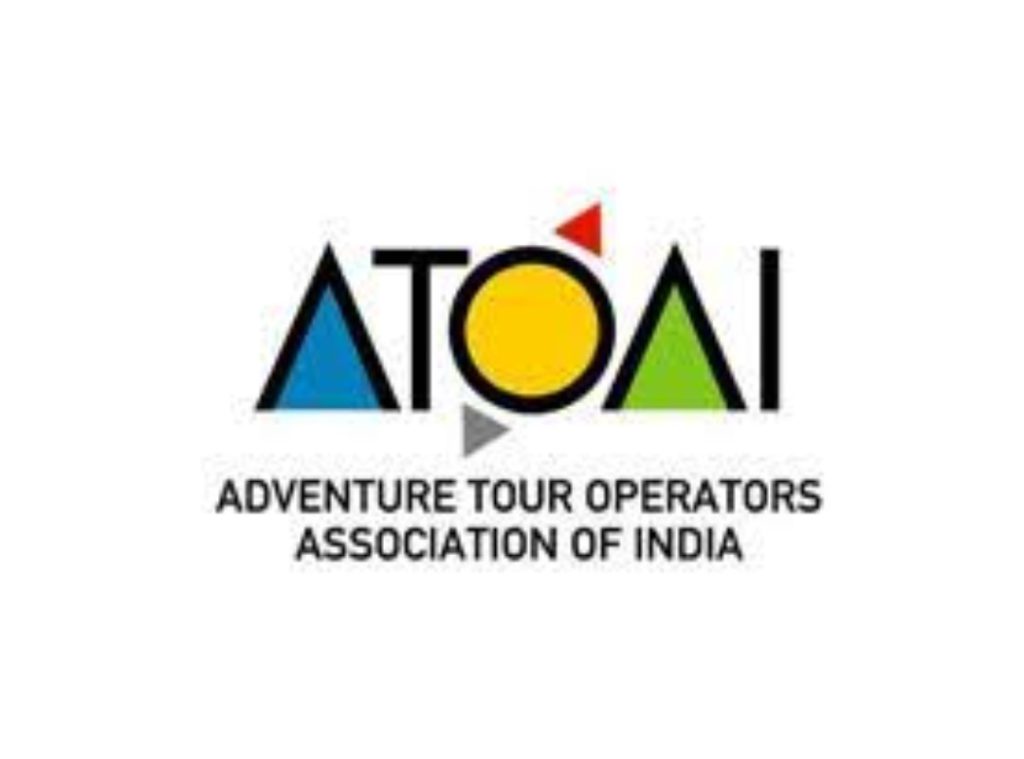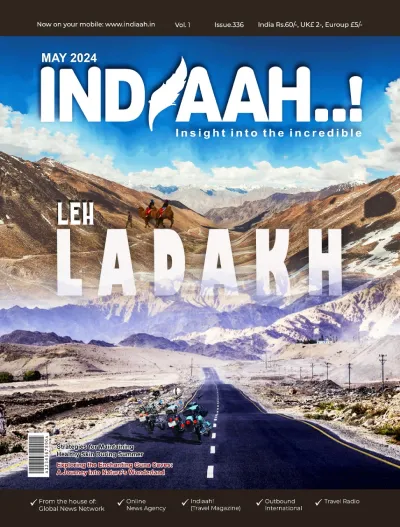
With a vision to propel India into the global top 10 adventure tourism rankings by 2034, ATOAI emphasized that the sector’s promising rise must be backed by robust infrastructure, international certifications, Safety, standardisation, and sustainability are crucial for maintaining long-term growth in India’s fast expanding adventure tourism industry, which has grown from 99th to 38th place internationally. To address these issues and present ideas for a safer, more resilient future for the sector, the Adventure Tour Operators Association of India (ATOAI) held a webinar on April 4, 2025, with the topic “Safety First: Risk Mitigation in Adventure & Outdoor Tourism.”
By 2034, ATOAI hopes to place India among the top 10 countries in the world for adventure tourism. To do this, the industry needs strong infrastructure, international certifications, and well-defined safety regulations. During the webinar, leaders and experts from the sector talked about the crucial measures that must be taken to guarantee that the expansion of adventure tourism does not compromise sustainability or safety.
Key Highlights from the Webinar:
- Mr. Ajeet Bajaj, President of ATOAI, delivered a powerful keynote stressing the shared responsibility within the sector to prioritize safety and sustainability. He emphasized that India’s rise in global rankings brings with it the duty to protect lives, build trust, and establish international benchmarks in safety and ethical practices.
- Mr. Shantanu Pandit, Consultant at EKO India, spoke on the importance of viewing risk management as an ongoing process, rather than a mere checklist. He advocated for detailed risk assessments, proper “activity mapping,” and comprehensive Standard Operating Procedures (SOPs) to cultivate a culture of prevention across all levels of the industry.
- Ms. Navita Shyam of Alpine Adventures Trail Tours highlighted the significance of medical readiness as a shared responsibility. She outlined the “3 Ps” — Plan, Prepare, Practice — urging for better first-aid training, wilderness rescue preparedness, and improved health disclosures from tourists.
- Mr. Prateek Gupta of ASC 360 underscored the importance of insurance in mitigating risks, warning that unregistered operators and subpar practices often lead to costly accidents. He called for a zero-tolerance approach to cutting corners when it comes to safety, gear quality, and staff training.
Additionally, ATOAI’s “Seven Sigma” Model—a safety framework that establishes a zero-accident norm based on certified equipment, trained guides, and explicit protocols—was introduced during the webinar. The event was led by Ms. Arshdeep Anand, Vice President of ATOAI, who successfully brought together a variety of viewpoints and united them around the idea that safety needs to be methodically incorporated into all facets of adventure tourism.
ATOAI is still dedicated to making sure that growth in adventure tourism in India is accompanied by ethical behaviour, uniform safety standards, and an emphasis on sustainability. The association is influencing the industry’s future and laying the groundwork for a safe and sustainable adventure tourism ecosystem in India through its initiatives to introduce approved equipment, qualified personnel, insurance compliance, and legal accountability.

